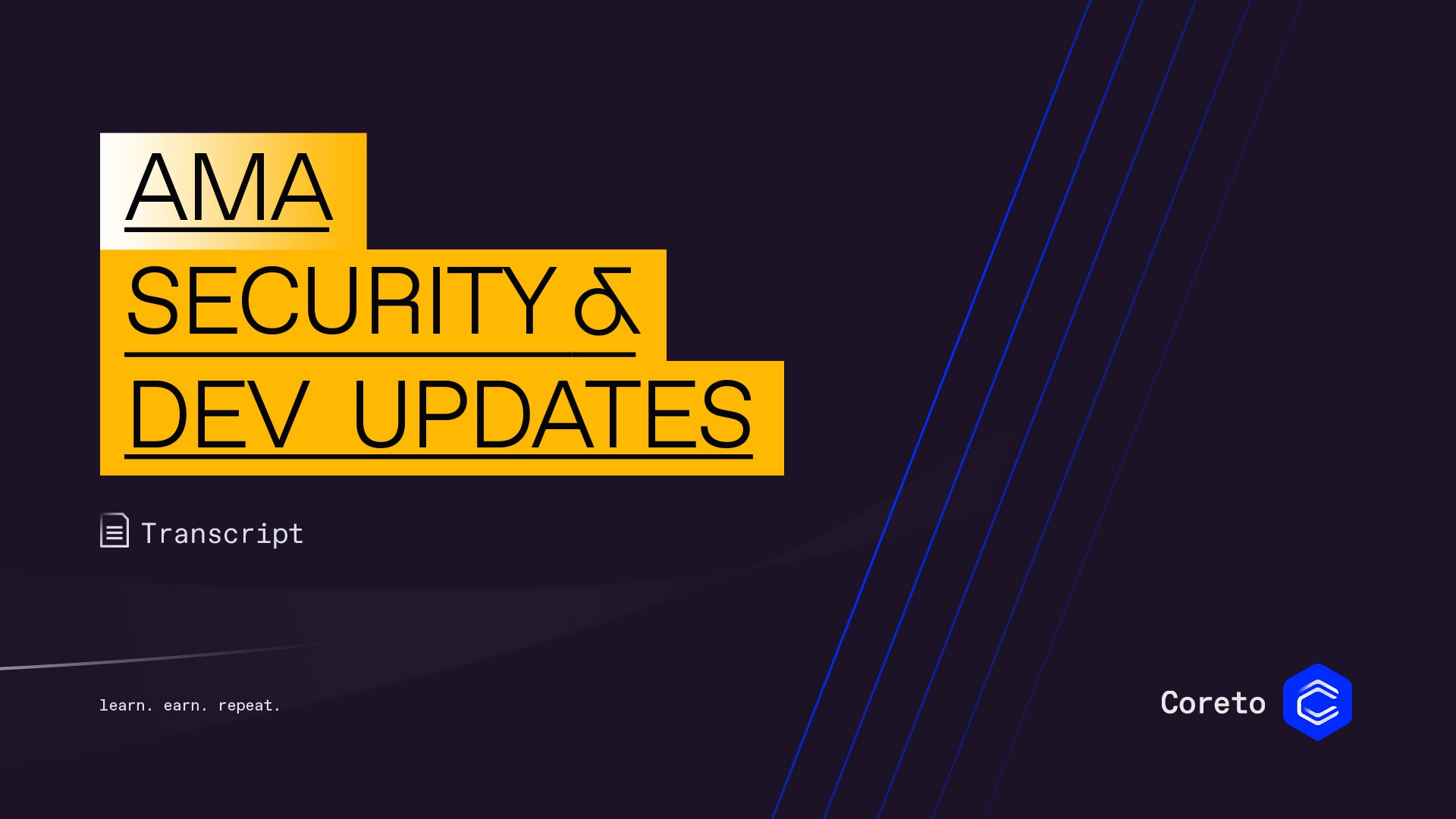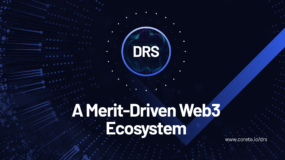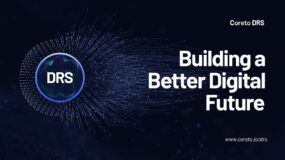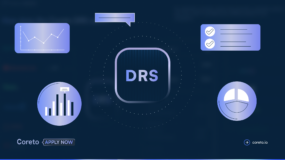- Home
- Dev Update
- Security & Dev Update AMA ...

Q1: It would be great to hear more about the staffing/project management of the software development. How many developers are there currently working on the platform? Also, do you plan to increase staffing for the smart-contracts/decentralized aspects of the platform, or do you already have the developers and expertise you need for that portion?
A1: Currently we have between 4–8 developers working on the platform at any time, depending on what needs to be done at the time and if multiple tasks can be done in parallel and are not blocked by other tasks.
Regarding the smart contracts/decentralized parts of the platform, we already have developers available, but we are also ready to onboard more if needed.
We have a flexible team, and the codebase is modular and follows clear standards and conventions, so bringing new devs on the team when needed can be done with very little overhead.
Q2: How will we store our tokens via the platform? Will there be a smart contract bridge between Metamask / other wallets and the platform?
A2: At first, we will be using a cold wallet/hot wallet system. Users will send their $COR to the cold wallet and will have them available for use on the platform, and can withdraw them via the hot wallet. The hot wallet will never store tokens long-term, and only have them for the time needed to process the users’ withdrawals.
In the next stage, we’ll move the necessary logic into smart contracts, and drop the cold wallet/hot wallet system in favor of decentralization. At this stage, users will connect their metamask/wallets to the platform and no tokens will need to be kept on the platform itself.
You can think of it in terms of how staking pools work. It’s not exactly the same, but just as a comparison.
Q3: How is DEFI being looked at (in light of the dozens of LP/flash loan/ wallet drainings) and integrated into Coreto’s platform to decentralize as well as protect user funds? Are there any projects or protocols that have set a high bar for Coreto to replicate?
A3: DeFi has proven itself to be an important part of crypto adoption and utility, and should have its own dedicated AMA.
It’s true that with all the opportunity it opens up, it also brings risks, that we should all be aware of.
As you may already know, we plan to implement DeFi features in the future, like staking directly on the platform, so of course, we have been researching and learning as much as possible about how to best make this possible.
A great deal of attention is given to the security aspect of it. For those that follow such news, you know that things can go sideways really hard if proper measures are not taken even before accepting the very first token, so this is something we pay really close attention to.
This is why we are not rushing yet to have these features implemented right now, and instead we have them planned for the later stages of development.
In regard to other projects in this space, we already have a great deal of research and information gathered, and have been following some very promising projects that we intend to either partner with, implement or emulate.
And DeFi is not the only subject we are researching; we’re also researching ways to become truly decentralize, looking into projects that are bringing true innovation into the world of crypto and that might help us best reach this goal.
The crypto world is still young, and we have a lot of growth to do as an industry, but what I can say is that we are also working to be part of this growth and innovation.
Q4: In your last Dev Update you said that you are working on the next big features of the second Alpha stage. When will be the second stage and what does it mean? What big features should we expect?
A4: Phase 2 is already in motion. We are working on adding new content options (beside SOOPS), adding more interaction between users, and expanding the core systems for trust and performance, in order to prepare for new ways to build and grow your reputation.
The goal of this second stage of development is to allow for greater adoption, growing the user base, and having more use cases for our early users.
We’ll have our new roadmap up along with our new website really soon (basically tomorrow), and you’ll be able to have a better look at our plans for the future.
Q5: When will you release new features on the platform?
A5: As I said, you’ll be able to see the major milestones for the platform development on our roadmap. Each “phase”, as we call them, has multiple smaller milestones/features that will be integrated and made available on the platform on a flexible timeline.
You will not have to wait until the end of the phase for new features to be added, but will instead have them added over time, as they are finished and tested.
Q6: Will you add more pairs? (i.e. COR/ADA)
A6: Yes, we plan to have more and more pairs available over time, as the platform grows and scales, and more and more data sources are integrated.
As our early users use the platform, we can collect more and more data on what resources we need to scale and what needs to be optimized for scalability. So the more you use the platform, the more we can expand it.
But I don’t see the COR/ADA as being available anytime soon.
Q7: Are you planning to add live messaging / voice chat to the platform?
A7: Yes, we plan to add live chat and voice/video communication, but this will be later rather than sooner.
Remember that we have features like 1-on-1 mentoring planned for the future, so this kind of communication will be needed in order to have such features.
But as I said, this kind of things are planned for later stages, after we have all the other core features implemented. In order for people to talk about stuff, they first need things to talk about.
Q8: Can you describe a bit Coreto’s timeline? I understand that a roadmap will soon be available, but until then, how early are we?
A8: I will use the same example that Leemon Baird, the man behind Hedera Hashgraph, one of the most promising projects in terms of technological potential right now:
“You don’t become Alphabet overnight. First, you build a search engine, then you become Alphabet. We are now building a search engine.”
I really like his Google analogy, and it also really fits the stage we’re at with Coreto right now. We are now building our “search engine”.
This is where we are right now: Really early.
Q9: Developing a platform this size usually requires a big team. Developers, architects, UI/UX experts, and maybe more. What’s your strategy in handling this complexity?
A9: We have a strong core team with experts in each of these fields, from developers/architects, UI/UX, marketing, business, etc. This core team works closely with dedicated teams in charge of execution, made up of both internal and external resources, coordinating in order to reach the desired targets and results.
This allows us to be very flexible, and adjust the size of every team almost in real-time, depending on the needs of the moment.
We also have a long-term growth strategy in place, that serves as our guideline and template for expanding and growing our business, teams, and organization over the next years.
Q10: What do you think will be THAT feature in Coreto? For what feature will Coreto be known? Platform as a whole or one particular thing?
A10: I believe that each of the main features of Coreto will become a landmark in the cryptosphere, as we are targeting each type of stakeholder in this space.
Our flagship feature may be considered to be the Staking of Opinion Pools, as it has the greatest novelty factor, at least for now.
But each new feature will claim its place and utility, making the whole platform stand out.
Q11: Any particular oracle project that has caught your attention (at least for the time being) and which you’d integrate with the platform?
A11: Regarding oracles and what we might be able to integrate and use for Coreto, there are some that have indeed caught our attention. One of them being Chainlink, but not the only one.
We intend to have data collected and aggregated from multiple data sources, be it CEXs, DEXs, and so on.
So far we are using the Binance API and a custom oracle for COR prices, but we have it on our timeline to have more and more integrations added to the platform.
Q12: Will there be another wave of coordinated marketing to attract new investors/users following the new website release? or maybe for the Alpha phase 2 release?
A12: The marketing efforts are something that we are constantly working on. We also have a timeline of events and actions planned for the next months and further on.
Some of them are already in motion, some very interesting things are just about to start and more are in the works.
Q13: Any further plans for the Matic Network?
A13: As a matter of fact, we do have some big plans for using the Polygon/Matic network for Coreto. It’s not just related to trading using DEXs like Dfyn, but also leveraging it for use cases on the platform.
We will give more information on this closer to when this gets it’s turn for development.
Q14: Any other networks that you’d like to migrate to?
A14: As I’ve said above, we are always keeping an eye out on multiple technologies, platforms, and networks.
I personally have a short list of projects right now that I am monitoring very closely, and if the opportunity arises and we can add value to Coreto by integrating with them, we will.
But for now, we already have the Polygon/Matic L2 integration that we are working on, so this will be the one we are focusing on.




